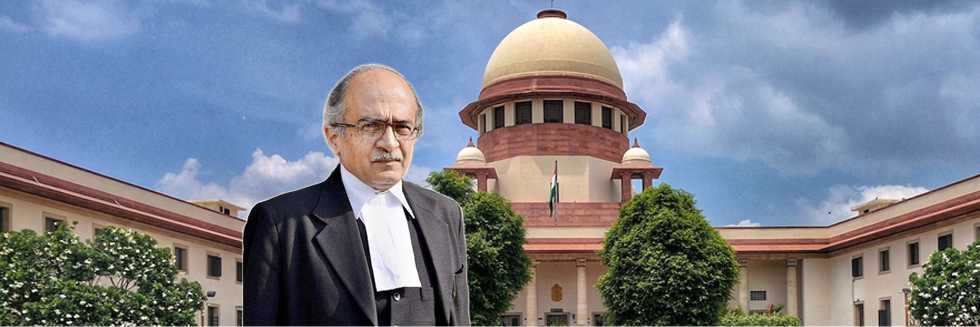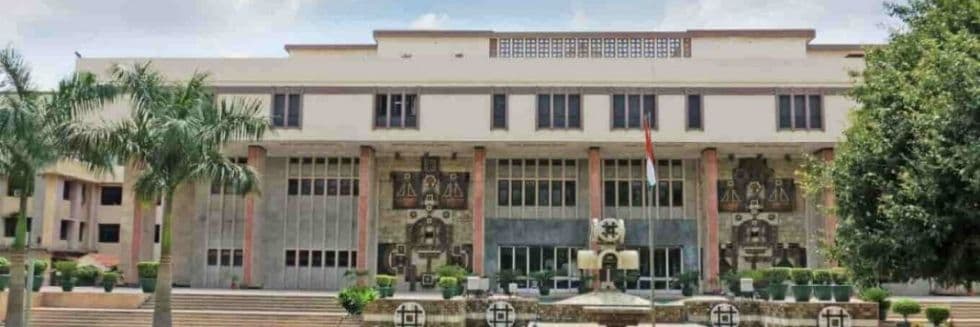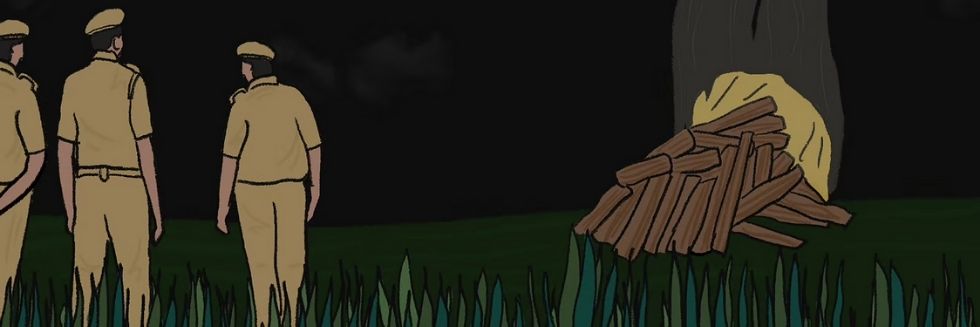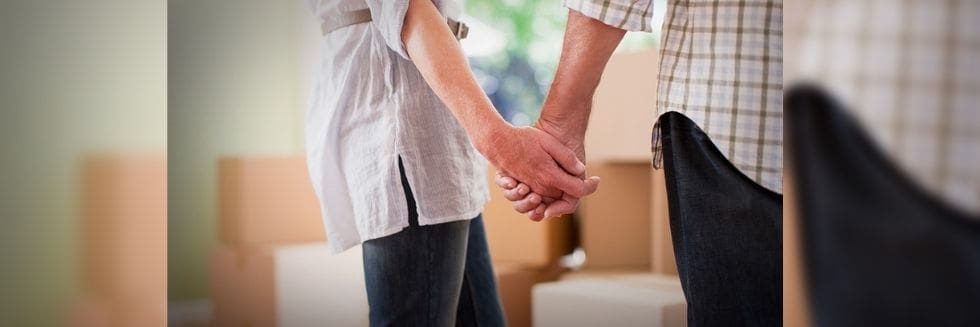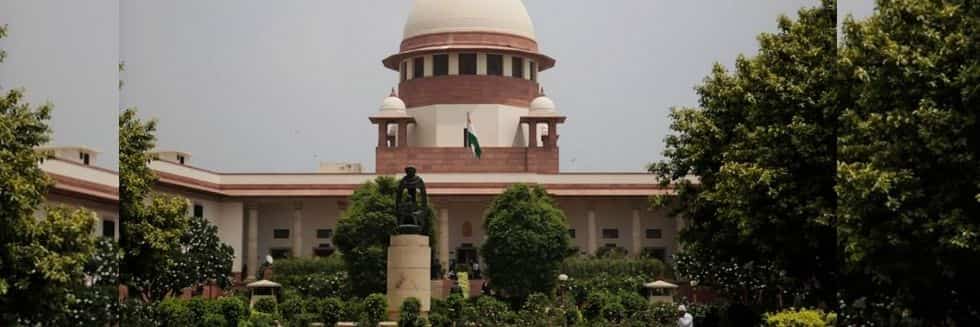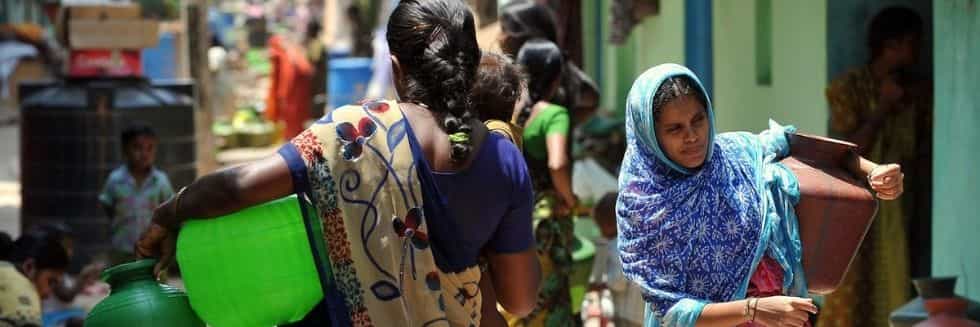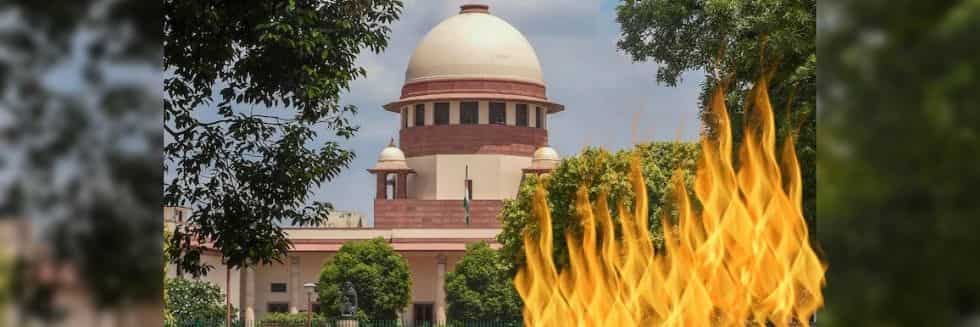On Wednesday, the Supreme Court reserved its judgment on a case of criminal contempt against advocate Prashant Bhushan over two of his tweets. The counsel for Adv Bhushan denied that the tweets interfered with the administration of justice.
“The two tweets are not against the institution. They are not malicious and do not obstruct the administration of justice,” Senior Advocate Dushyant Dave, appearing for Bhushan, told the bench comprising of Justices Arun Mishra, B R Gavai and Krishna Murari.
The counsel further submitted that sometimes even legitimate criticism “may be unpalatable”, but the court should be broadminded enough to ignore it. “Please don’t be sensitive about these comments. It seriously affects fundamental rights,” he added.
The Supreme Court has received various applications seeking the revocation of the contempt proceedings initiated against Advocate Prashant Bhushan. This included a petition by 16 members of a civil society which was led by an eminent social activist Arun Roy who had reportedly moved the Supreme Court asked to intervene in the criminal contempt proceedings against the lawyer. The applications stated that the proceedings which were started by the Court is unjust and unconstitutional and causes an infringement of the rights guaranteed under Article 19(1)(a) of the Constitution while citing that the lawyer’s tweet just expressed an opinion which any reasonable person can hold.
The plea also stated that it is not just the rights of Advocate Bhushan which got violated but also of those “of the wider public- insofar as it causes a chilling effect on the exercise of the right to free expression.”
Earlier on 22 July, the Court issued notice to Attorney General KK Venugopal and Advocate Bhushan after it took consideration of the two tweets dated 27 and 29 June, respectively, stating that they ‘brought the administration of justice in disrepute’.
Nonetheless, the applicants submitted that the tweet made by Bhushan depicted certain legitimate concerns which were already been put forward by the civil society as in regards that “the reluctance of the Hon’ble Supreme Court to play it’s constitutionally compulsion role as a check on governmental excesses and violations of the fundamental rights of the people by the State.”
It was further submitted that “many, including the applicant, share the concerns surrounding the functioning of the higher judiciary, more so during the COVID-19 pandemic – irrespective of the Applicants’ agreement or disagreement with the form and content of those tweets per se. It is in essence criticism which ought to be considered constitutionally protected speech, and in any case, the expression therein cannot under any circumstances be treated as an issue of contempt of court under the law.”
Furthermore, it was requested in the intervention application that the applicants want to assist the Court on the question of law and the facts of the case. It was mentioned that “Hon’ble Court as an institution, described as the sentinel on the qui vivie, ought to allow debate and discussion regarding its functioning and must not appear to stifle such expression through the invocation of its power of contempt. It is further urged that this Hon’ble Court ought to be open to public discussion about its functioning without those expressing their honest opinion fearing retribution or action of criminal contempt.”
Moreover, the applicants keep on stressing on the fact that they would soon file another writ petition challenging the constitutionality of the provision of the Contempt of Courts Act as well.
Meanwhile, Senior Journalist N Ram, former Union Minister Arun Shourie and Advocate Prashant Bhushan has already moved a plea in the Supreme Court which challenges Section 2(c)(i) of the Contempt of Courts Act, 1972. This case revolves around the question involves two tweets made by Bhushan recently.
This news has been written and submitted by Ms. Vishakha Bhardwaj during her course of internship at B&B Associates LLP. Ms. Vishakha is a third-year law student at the Army Institute of Law, Mohali.
